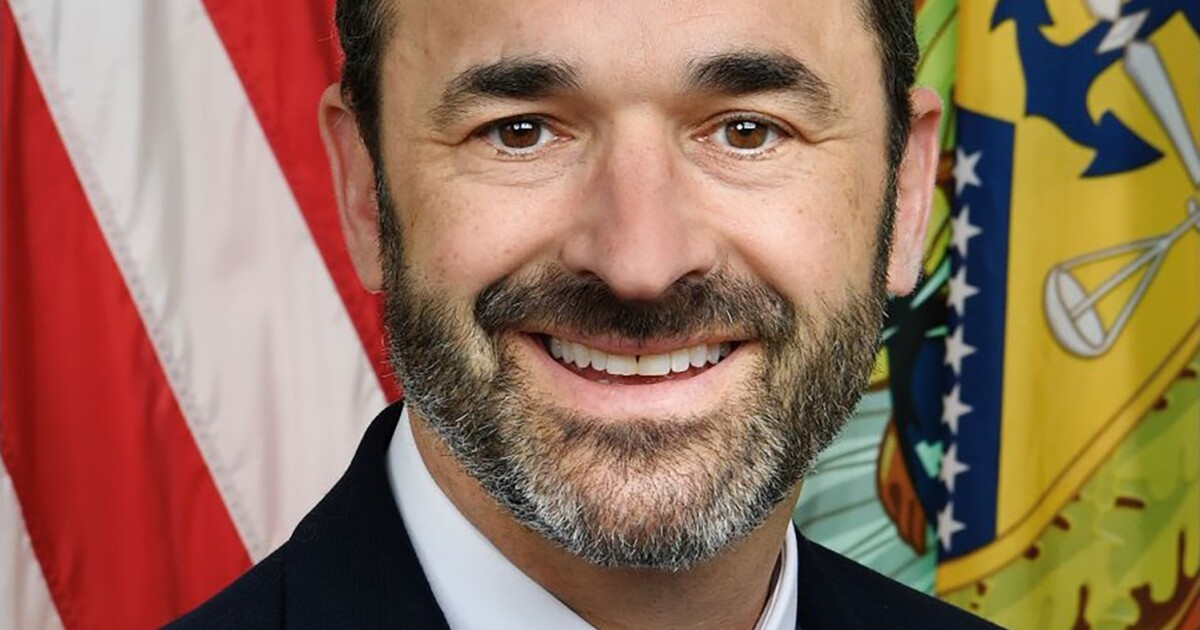IRS looking for another budget increase
3 min read

The size of the Internal Revenue Service budget and whether it should see an increase was part of the focus of a Tuesday Senate Finance Committee hearing during which IRS Commissioner Danny Werfel played defense against what some members of Congress have called over aggressive audits.
Werfel’s written testimony included a request that IRA funding be extended through fiscal 2034 which would “provide $104 billion over the 10-year budget window and is estimated to generate at least an additional $341 billion in revenue.”
“The inflation Reduction Act funding has enabled the IRS to have one of its best filing seasons ever,” Werfel told lawmakers at the hearing. “Our ongoing success hinges on sustained investments to make sure that we have the right size workforce with the right training and tools, as well as modern technology.”
IRS
The increase in funding from the IRA became a political football and took a $20 billion financial hit during the debt ceiling negotiations.
Werfel pressed the lawmakers on the future need for additional IRS funding while some Republicans pushed back.
“You stated before that the IRS would have a decade to rebuild with the $80 billion in funding and there would be a healthy pressure to immediately take the funds and demonstrate what a well-funded IRS means,” said Ranking Member Sen. Mike Crapo, R-Idaho.
“Many of us raised concerns about that level of funding, which was five times or more of the budget of the IRS,” Crapo said. “Part of my question could be when will it stop?”
The public finance industry has been tracking the growth of the IRS budget with concerns that funding boosts would translate into higher audit rates for bond transactions.
Werfel addressed the notion of enhanced enforcements by saying, “You have to be really cautious in terms of how we scale our enforcement efforts so there’s no sense that there’s any politics in IRS operations, that we’re doing things aboveboard, nonpartisan, and we’re tackling this issue in a way that’s above any reproach.”
The Senate Finance Committee also represents a stop along the route for the passage of of the troubled Tax Relief for American Families and Workers Act. The bill left the House Ways and Means Committee, passed in the House in early
The bill included adjustments to Low-Income Housing Tax Credits issued by the Treasury that lowers the volume requirements of state-issued private activity bonds.
“In addition to small businesses, the bill will boost low-income housing, adding more than 200,000 new units across the country. It’s paid for by shutting down a pandemic-era tax program that’s riddled with fraud,” said Committee Chair Sen. Ron Wyden D-Ore. in a statement yesterday.
Werfel’s written testimony included a proposal to require electronic filing of form 8038-CP, Return for Credit Payments to Issuers of Qualified Bonds, which is used to claim tax credit payments relating to interest on Build America Bonds. Under current rules the agency accepts electronic filing of the form by doesn’t require it.
Werfel spent most of his time defending the agency’s Free File program. Democrats like the pilot program while, Republicans believe the private sector is better suited for the job.
IRS Free File was launched in February 2013 as public-private partnership with seven leading tax software providers. The service comes with eligibility requirements for taxpayers including age, income and state residency.







